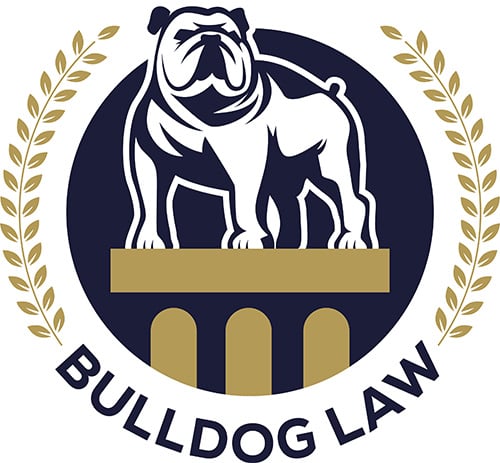We trust our doctors to prescribe the drugs and other treatments that are best. We shouldn’t have to worry that they’re prescribing a medication we may not need or that may not be as effective as another one because they’re getting financial incentives from the manufacturer.
That’s part of the reason for the federal anti-kickback statute (AKS). It’s also intended to protect the government’s health care programs.
What does the AKS cover?
Under law, it’s illegal for a doctor to knowingly accept (or for an individual or company to offer) any “remuneration” for recommending or prescribing its products to patients if they’re covered by federal health care programs like Medicare or Medicaid.
This can include drugs, medical devices or durable medical equipment (DME). Physicians can also be guilty of violating the AKS if they provide incentives to other physicians or health care providers for their recommendations to patients in federal health care programs.
Remuneration doesn’t have to involve cash. It can be a vacation or the use of a private jet or yacht. It may involve creating a “consultant” position for someone that comes with considerable compensation for little or no work.
It should be noted that it’s the intentional act of offering or taking a kickback that triggers the AKS. It doesn’t matter that no patient was harmed as a result or that a physician may have prescribed or recommended the product even if they weren’t receiving a kickback.
Criminal and civil penalties
If someone is found guilty of violating the AKS, they can face fines, lose their ability to participate in programs like Medicare and Medicaid and even end up behind bars. The Civil Monetary Penalties Law (CMPL) allows fines of as much as $50,000 per kick back in addition to triple the value of the remuneration.
There are some “safe harbor” exceptions that allow physicians to participate in specific business activities like investing in a company and leasing space without violating the AKS. However, it’s crucial to confirm that something qualifies as a safe harbor under the law before taking the first step.
Clearly, a conviction for violating the AKS can cost health care providers and other professionals their freedom, careers and a considerable amount of money. If you have any doubts about whether something could be a violation of the law or if you’re already being investigated, it’s crucial to consult an experienced federal criminal defense attorney.


